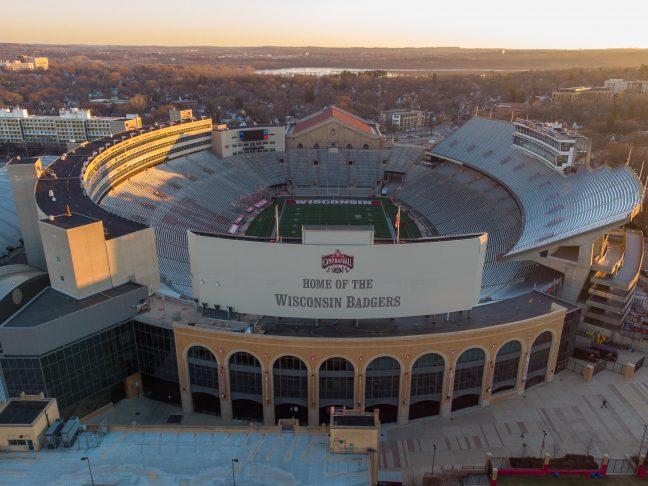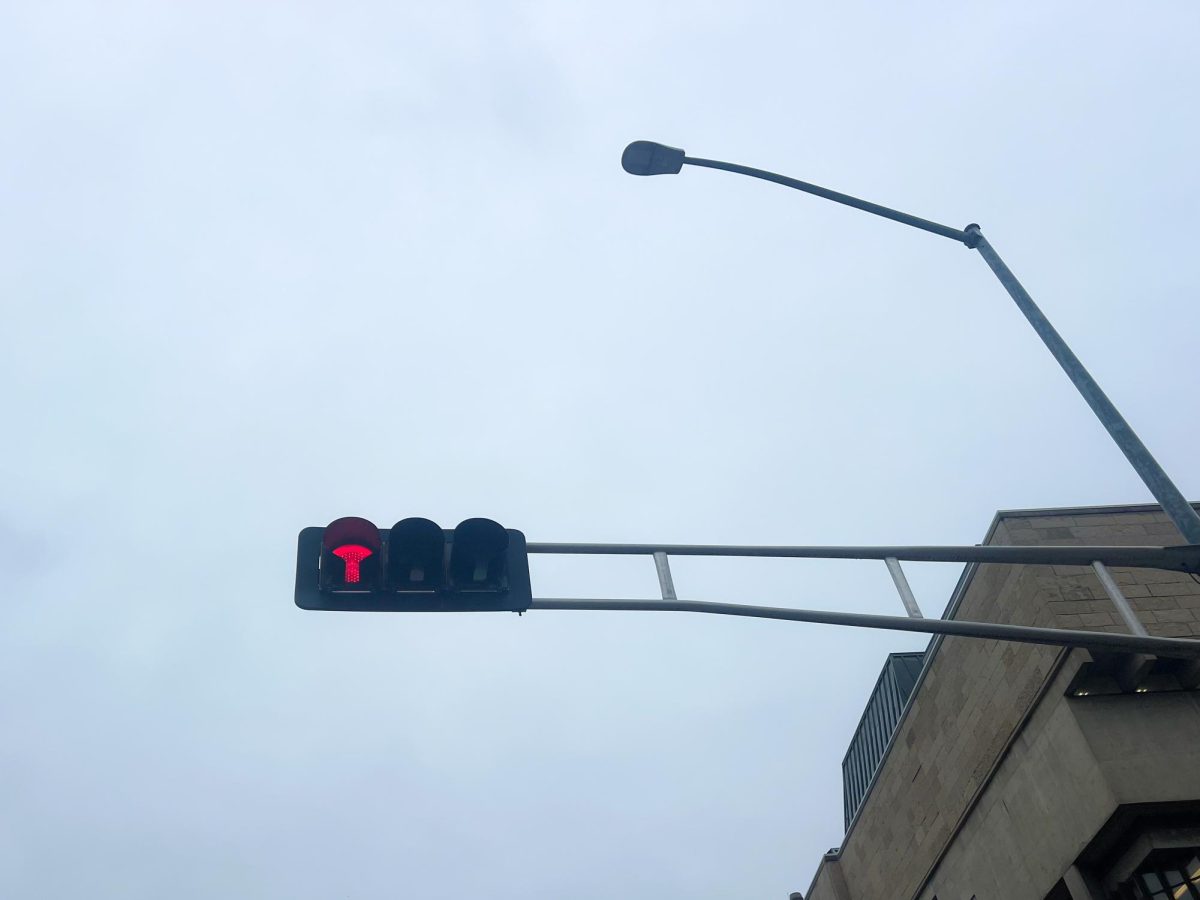The Student Veterans of America chapter at the University of Wisconsin–Madison is encouraging UW to approve a space to be built near Camp Randall, according to previous reporting from The Badger Herald. The space would be dedicated to helping student veterans and members of veterans’ organizations meet for networking, programming and community.
The Veteran Education to Workforce Affinity and Success Study surveyed student veterans from a variety of Universities of Wisconsin schools, including UW–Madison. According to their website, The Veteran Education to Workforce Affinity and Success Study’s mission is to provide insight into how student veterans’ social lives intersect with their career paths. They found student veterans often lack the community support they need at college.
The organization’s most recent data report indicates strong social support networks are linked to improved overall academic experiences for student veterans. On average, student veterans had between only five and six people in total with whom they discussed their personal life and academic or career challenges, with less than one being a fellow university student.
UW students hold demonstrations to recognize current state of Israel-Hamas war
“This research has shown that the number one indicator for student veterans’ success is having a place of community, because that sense of community was so built into the military,” UW Ph.D. student and retired Air Force Lieutenant Colonel Jim Gingras said. “When we get out and are looking for it, if it’s not there — like it’s not in the UW system or UW–Madison right now — it’s much more challenging for student veterans to feel that isolation or not have that support community that we had come to rely on in the military.”
Director of University Veteran Services and veteran of the United States Marine Corps Joe Rasmussen encouraged traditional college undergraduate students to put themselves in student veterans’ shoes. Rasmussen said many veterans don’t come to college right out of high school. They often show up by themselves and are a little older than all of their peers. As a result, many student veterans don’t feel the same immediate sense of belonging that traditional first-year students do.
The student veterans who indicated positive results in the study are individuals who know a greater number of fellow students at the college or university they’re attending. Furthermore, Rasmussen said these students do better when their community has a physical space to themselves. Student Veterans of America are using this report, along with other research, to justify their request to the university to provide a permanent collective space, he said.
“I think a lot of that belongingness, a lot of that attention comes from a physical space, and it’s awfully difficult that the space we have currently isn’t large enough,” Rasmussen said.
Student Veterans of America, in which Gingras is heavily involved, hopes this space can be built on the grounds of Camp Randall — a plot of land that has a storied military history often overshadowed by modern-day stadium fanfare.
The grounds of Camp Randall originally played home to the Wisconsin State Fair in the mid 1800s, Gingras said. During the Civil War, the land was used for a different purpose — a fully-functioning military site. At Camp Randall, 90%, or 70,000, of Wisconsin’s Union troops came into or out of service, Gingras said. When the Civil War ended, Camp Randall returned to a fairgrounds until the late 1800s when it was no longer needed, so it was divided up.
Civil War veterans advocated to the Wisconsin Legislature for a piece of the land due to its history, and they granted six and a half acres to UW to manage the land, with a part of the acreage meant to be a veteran’s memorial park, Gingras said.
UW has used this land extensively for athletic facilities, starting with the Camp Randall Stadium, eventually building the Camp Randall Sports Center, or the Shell and McClain Center Athletic Facility. UW moved forward with construction of the Shell and McClain Center over the objections of veterans, Gingras said, as the buildings took away some of the grounds of the reserved Camp Randall Memorial Park space and splintered it into less conducive spaces for veterans.
Earlier this summer, a new facility to replace both the Shell and the McClain Center was included in UW and Gov. Tony Evers’ 2023-25 Capital Budget proposals. The $285 million project was given the green light by Wisconsin’s Joint Finance Committee, with construction expected to begin in 2025, according to BadgerExtra.
“Right now, we have this unique opportunity where at the same time as this construction is going on, to build a relatively small, purpose-built space for both military and veterans on the campus which are currently spread out over the entirety of the campus,” Gingras said. “You have the ROTC attachments from one side of the campus to the other. We have University Veteran Services, we have Student Veterans of America, we have all these different, important groups that represent a community of about 2,000 students and faculty. Right now, none of them have a permanent home, none of them have a purpose-built home.”
Gingras so far in his promotion of the Student Veterans of America’s plea for an official meeting space, has heard a lot of yeses. He has sent a letter to Chancellor Jennifer Mnookin and reached out to UW’s Athletic Director, Chris McIntosh, but both have yet to respond.
He hopes to sit down with Mnookin and McIntosh to show how a space for veterans at Camp Randall can coexist and work together with existing and planned athletic buildings.
“I hope people will realize that this is an opportunity to do something better for a large community that has thus far been under supported by the university and, compared to the other Big Ten universities, significantly under supported,” Gingras said. “This is a perfect time and space to do something really meaningful … Let’s use history. Let’s learn from the past. Let’s make things better.”














